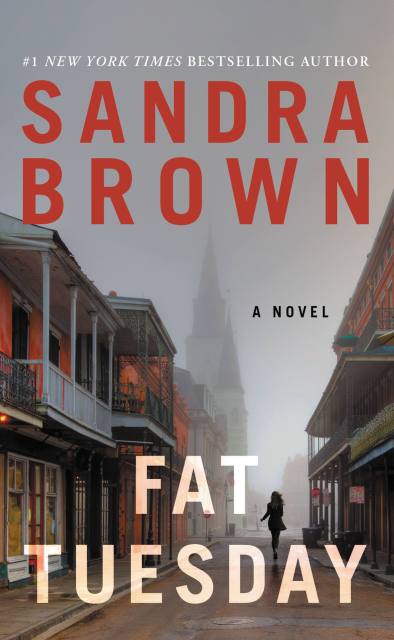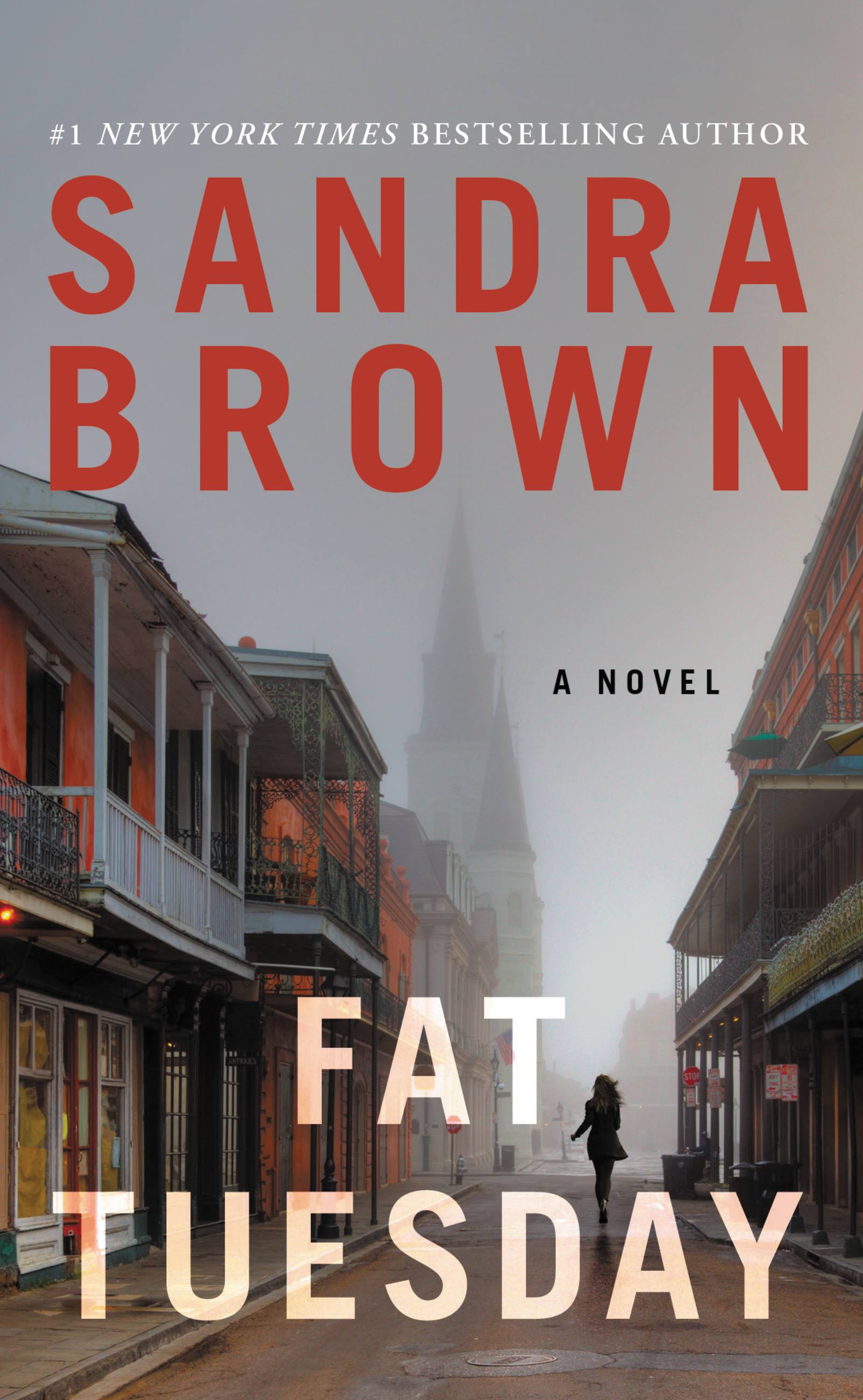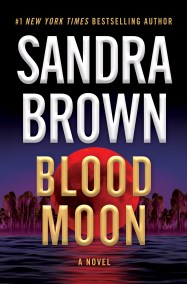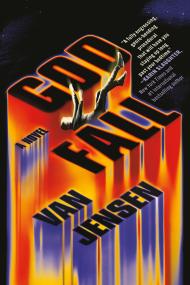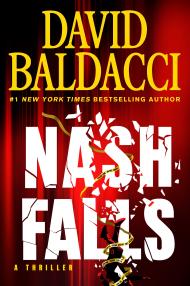By clicking “Accept,” you agree to the use of cookies and similar technologies on your device as set forth in our Cookie Policy and our Privacy Policy. Please note that certain cookies are essential for this website to function properly and do not require user consent to be deployed.
Fat Tuesday
Contributors
By Sandra Brown
Formats and Prices
- On Sale
- Jun 25, 2013
- Page Count
- 480 pages
- Publisher
- Grand Central Publishing
- ISBN-13
- 9781455546305
Price
$7.99Price
$9.99 CADFormat
Format:
- ebook $7.99 $9.99 CAD
- Trade Paperback $19.99 $25.99 CAD
This item is a preorder. Your payment method will be charged immediately, and the product is expected to ship on or around June 25, 2013. This date is subject to change due to shipping delays beyond our control.
Buy from Other Retailers:
In this “intriguing” thriller (People), a New Orleans police officer kidnaps an attorney’s wife in an act of revenge — but he’s not expecting the electric attraction between them.Burke Basile is a cop with nothing left to lose. Haunted by his partner’s death, the end of his marriage, and the destruction of his career, he targets his nemesis, a flamboyant attorney who helps killers evade justice. Burke’s shocking revenge centers around kidnapping Remy, the lawyer’s trophy wife. But Burke hasn’t planned on the scorching desire he’ll feel for this desperate woman, who rose from the slums of New Orleans to marry a man she can never love. Nor can he predict the fierce duel that will explode as the clock ticks toward midnight on Fat Tuesday when all masks will be stripped away — and Burke will be forced to confront his own terrifying secret.
Newsletter Signup
By clicking ‘Sign Up,’ I acknowledge that I have read and agree to Hachette Book Group’s Privacy Policy and Terms of Use
